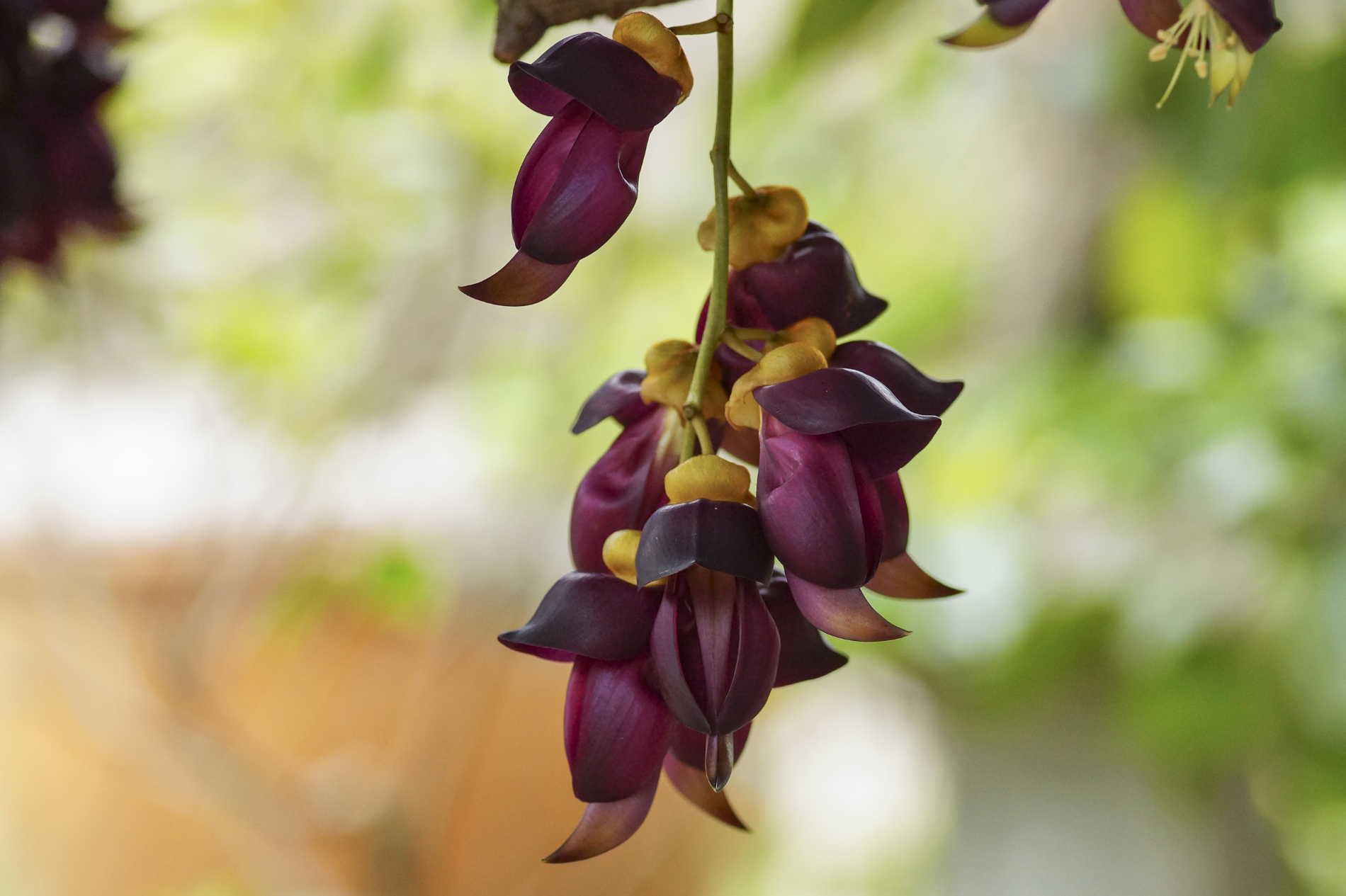Introduction
Marigold, also known as Calendula officinalis, is a plant that not only stands out for its bright yellow and orange flowers, but also for its many uses in naturopathy. In this comprehensive article, we will look in detail at the discovery of calendula, its various forms of ingestion, dosage, the conditions it can cure, as well as complementary supplements or medicinal plants and its use in medicine as a natural remedy.
Discovery and history of the marigold
Calendula has been known for centuries and was used both as a medicinal plant and ritually in ancient cultures such as the Egyptians, Greeks and Romans. Its discovery as a medicinal plant is often associated with its ability to promote wound healing and fight infection. It became popular in Europe in the Middle Ages, where it was cultivated in monastery gardens and used for medicinal purposes.
Forms of administration and dosage
Forms of ingestion
Marigold can be taken or applied in various ways:
- Tea: A healing tea is prepared from the dried flowers.
- Tincture: An alcoholic extract that can be used internally or externally.
- Ointment: For external applications, ideal for wound healing and skin care.
- Oil: An extract of the flowers preserved in oil and used for skin treatments.
Dosage
The dosage depends on the form of intake:
- Tea: 1-2 teaspoons of dried flowers to a cup of boiling water, up to three times a day.
- Tincture: 5-10 drops 1-3 times a day, depending on the concentration.
- Ointment or oil: Apply a thin layer to the affected areas several times a day.
Marigold: Healing properties and diseases
Marigold has anti-inflammatory, antibacterial and antiviral properties. It can help with a variety of illnesses:
- Skin conditions: Acne, eczema, sunburn and minor burns.
- Wound healing: cuts, abrasions and other minor skin injuries.
- Gastrointestinal problems: gastritis, stomach ulcers and indigestion.
Complementary food supplements and medicinal plants
Other dietary supplements or medicinal plants can be taken to support the healing effect of marigold:
Marigold: use in medicine as a natural remedy
In modern naturopathy, calendula is used in various forms of medicine:
- Homeopathy: Calendula officinalis is used for skin diseases and to heal wounds.
- Phytotherapy: Ointments, tinctures and teas are made from the flowers to utilize their healing properties.
Summary
Marigold is a true natural wonder whose many uses have been appreciated in naturopathy for centuries. From promoting wound healing to treating skin conditions and gastrointestinal problems, this humble plant offers a wide range of healing properties. By combining it with other medicinal plants and food supplements, its effects can be enhanced even further. The use of calendula as a natural remedy in medicine underlines the importance of nature in our healthcare and offers a gentle, effective alternative to synthetic medicines.




